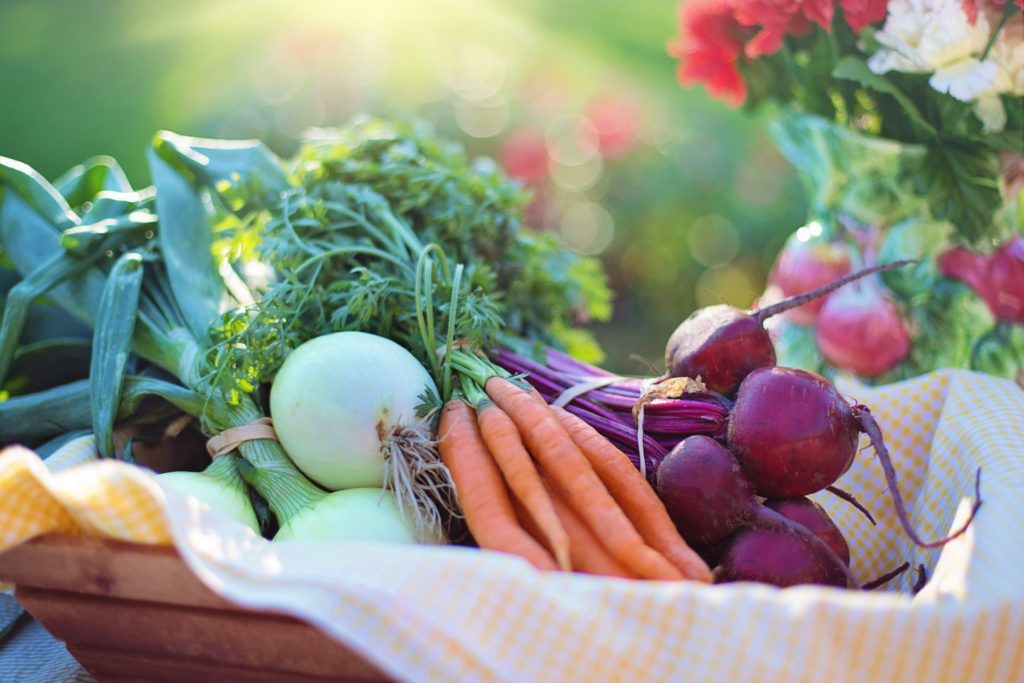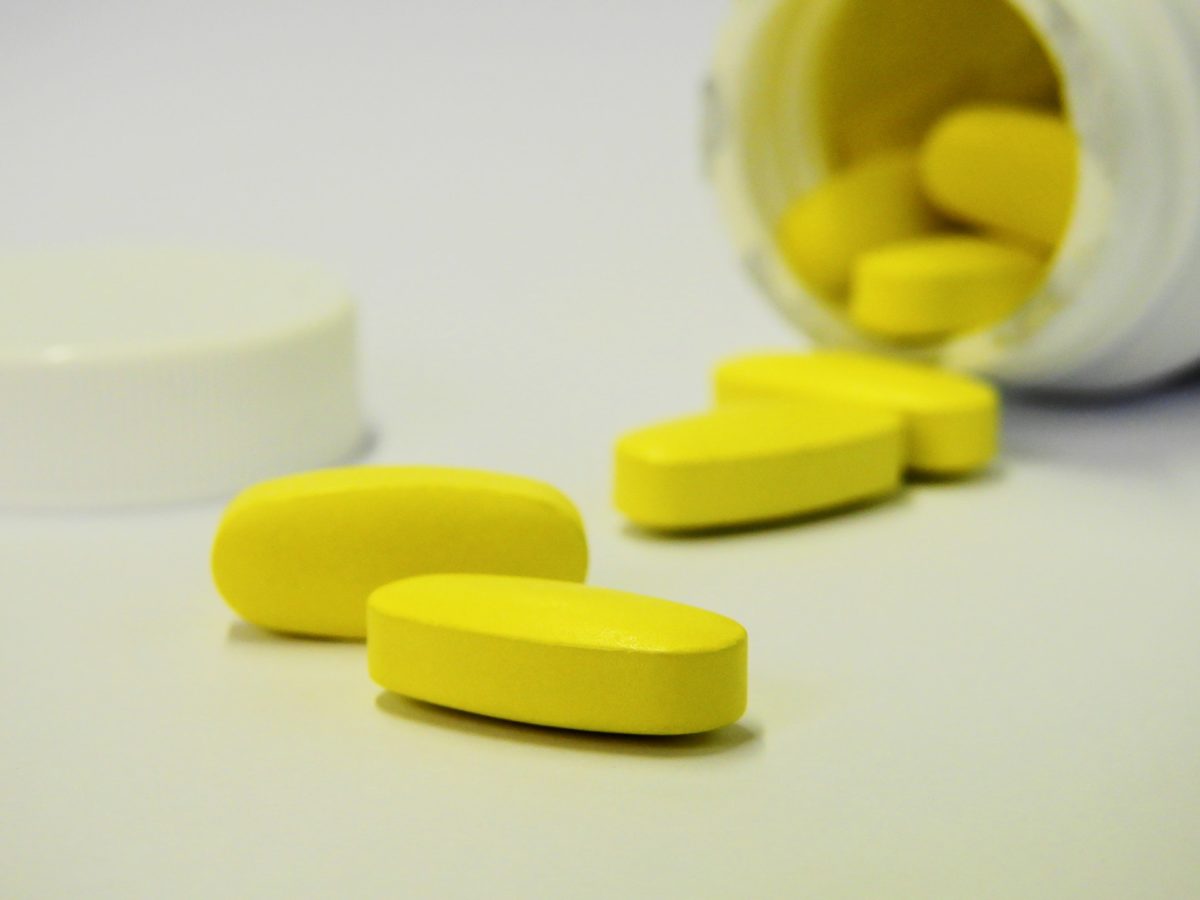Vitamins A, C, D, E, K and the B vitamins–thiamine (B1), riboflavin (B2), niacin (B3), pantothenic acid (B5), pyroxidine (B6), biotin (B7), folate (B9) and cobalamin (B12) are essential vitamins your body needs to function properly. Unlike the fat-soluble vitamins—A, D, E, and K—which are stored in the body’s fatty tissues, water-soluble vitamins B (except B12 which is stored in the liver) and C must be replenished regularly because body expels them through urine. The best way to get the most out of your vitamins is certainly through food. Having a balanced diet rich in fruits, vegetables, and whole grains will provide you with a healthy mixture of vitamins, minerals, and other nutrients you need to stay healthy.
Cold-water fish is rich in Vitamin A
To ensure growth and cell development, your body will need vitamin A in abundance. This vitamin also promotes healthy skin, hair, nails, gums, glands, bones, and teeth. By having enough vitamin A in your diet, you’re more likely to prevent night blindness and lung cancer. Some of the foods that will help you get enough vitamin A in your body are cold-water fish, salmon, egg yolks, and fortified dairy products.
Vitamin C strengthens blood vessel walls
One of the essential vitamins is definitely vitamin C. It promotes wound healing and makes the blood vessel walls strong, while also boosting iron absorption. It’s crucial for a strong immune system, so if you want to stay healthy and prevent colds, have plenty of citrus fruits. Melons, berries, peppers, and broccoli are also rich in vitamin C.
Get more Vitamin D from milk
Vitamin D is essential for calcium absorption, but also for building and maintaining strong bones and teeth. Aside from soaking up the sun, you can have a sufficient amount of vitamin D through fortified milk, fortified soy/rice beverages, butter, egg yolks, fatty fish, and fish-liver oil. Taking vitamin D in a form of supplements is another good option if you can’t have enough vitamins through food.
CoQ10 will improve your heart health
Coenzyme Q10 is produced naturally in the body, and the best way to enrich your body with it is through supplements. You can find a rich selection of this vitamin at ausnaturalcare.com.au and see for yourself how many great benefits it has. From improving your cardiovascular health to controlling high blood pressure, with a sufficient amount of CoQ10 your health will be in check.
Multivitamin benefits
If you don’t like soaking up the sun and you are not getting enough vitamin D, you’ll benefit from a multivitamin. Furthermore, a multivitamin may help slow down macular degeneration. You can you’re your daily dose of multivitamins through tablets, capsules, chewable gummies, powders, and liquids. Choosing to take multivitamins through gummies, you should ensure if gummy vitamins are effective for your diet.
Vegans and vegetarians will benefit from multivitamin supplements because they won’t be able to get enough vitamin B12 which is found in animal foods.
Vitamins B1 and B2 maintain a healthy metabolism and more
If you want to maintain a healthy metabolism, normal digestion, appetite, and proper nerve function, you’ll need to take lots of vitamin B1. Pork, legumes, grains, fortified cereals, nuts, and seeds are all rich in this vitamin. When it comes to normal vision support, maintaining healthy skin and adrenalin function vitamin B2 plays a crucial role. Grains, lean meat, poultry, fortified cereals, dairy products, and raw mushrooms are all good sources of vitamin B2.
Lower cholesterol and normal blood sugar levels with vitamins B3 and B5
To metabolize energy and promote normal growth, your body will need vitamin B3, aka Niacin. If you make sure you have enough poultry, lean meat, seafood, legumes, milk, eggs and fortified bread you’ll also keep your cholesterol levels low. To normalize blood sugar levels, vitamin B5 will aid a lot. This is one of the easiest vitamins to come by because almost all foods contain it.

More on vitamin B
In addition to vitamins B1, B2, B3, and B5, your body will also need vitamins B6, B7, B9, and B12 which will promote protein metabolism, maintaining a healthy metabolism, synthesize certain amino acids, and make red blood cells respectively. To get enough vitamin B6 in your diet, make sure you get enough meat, fish, poultry, grains, cereals, bananas, green leafy vegetables, potatoes, and soybeans. Egg yolks, whole grains, nuts, and yeast are rich in vitamin B7, while orange juice, fortified flour, avocados and legumes are just some of the great vitamin B9 food sources. If you’re a fan of animal products, you’ll have no trouble getting your daily dose of vitamin B12.
Final thoughts
Providing your body with a sufficient number of vitamins and nutrients is essential if you want to feel energized and prevent various disease. A healthy diet is the number one way to get the most out of your vitamins, so don’t avoid any essential food choices, but eat everything from meat to dairy products, whole grain, fruits, vegetables and to leafy greens if you want to stay healthy.
















